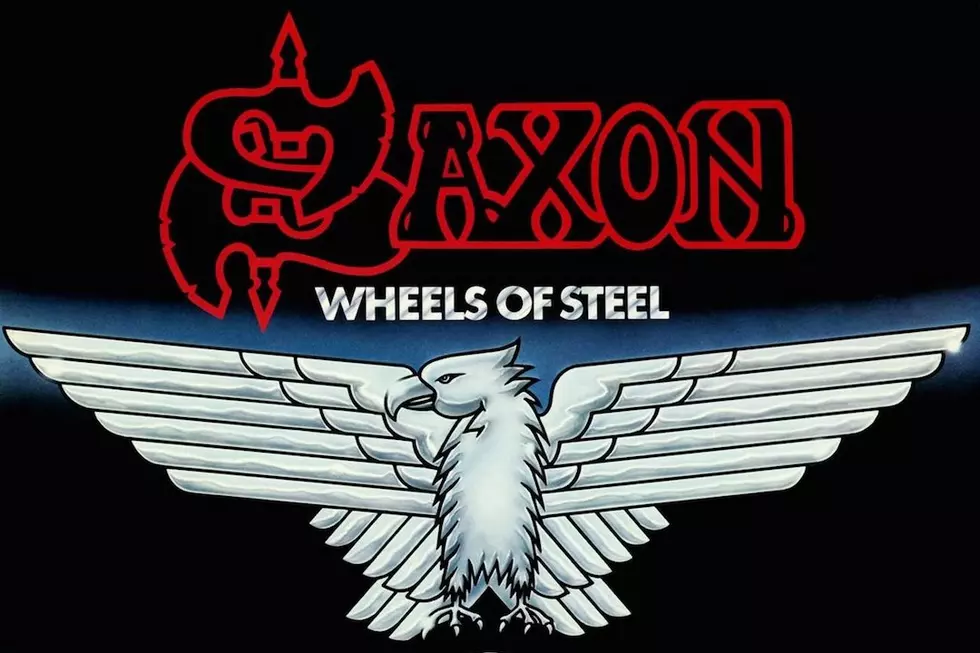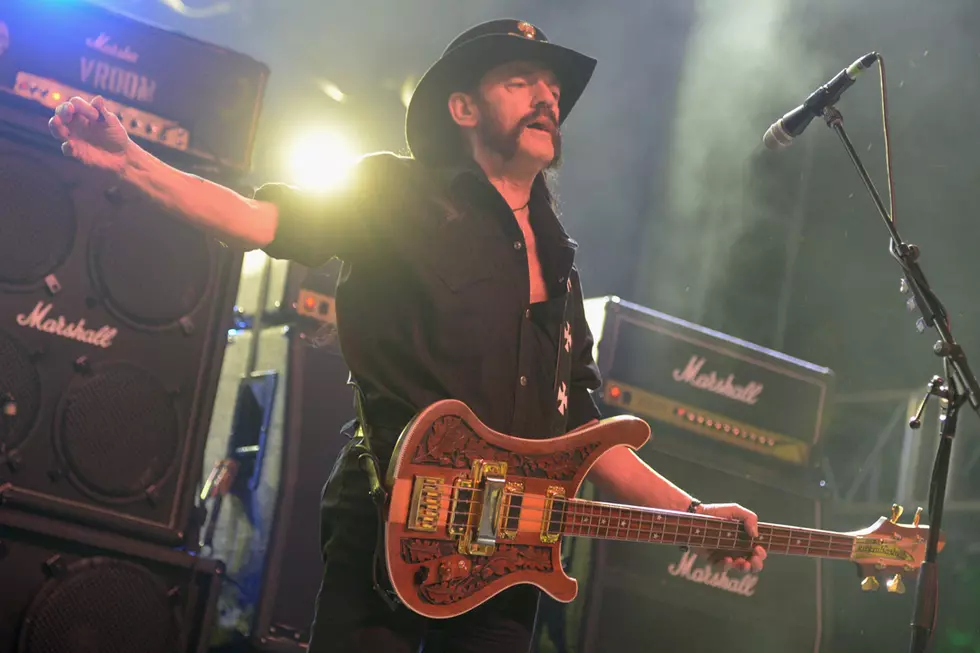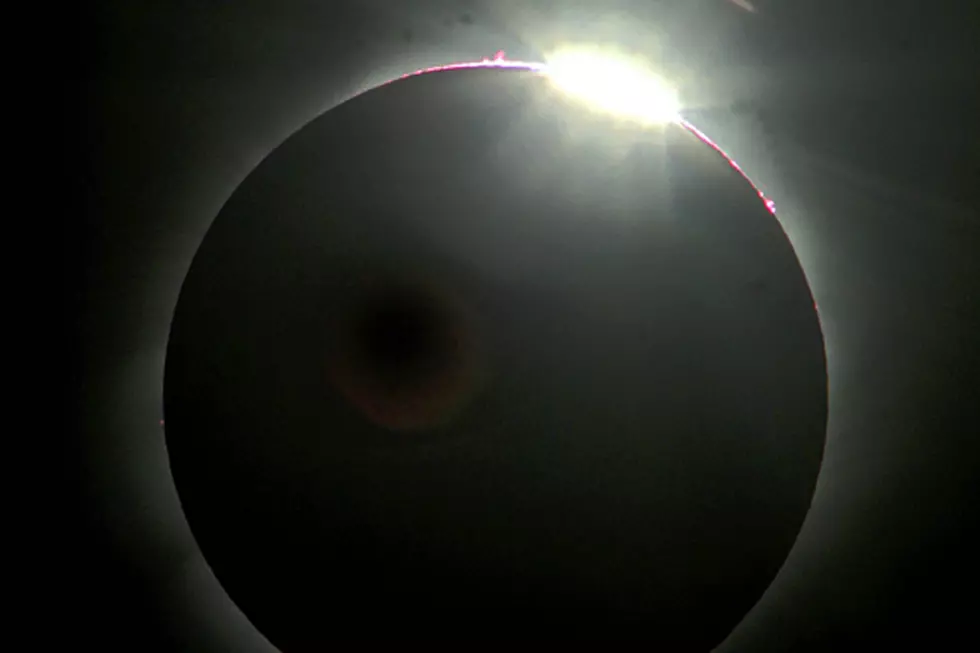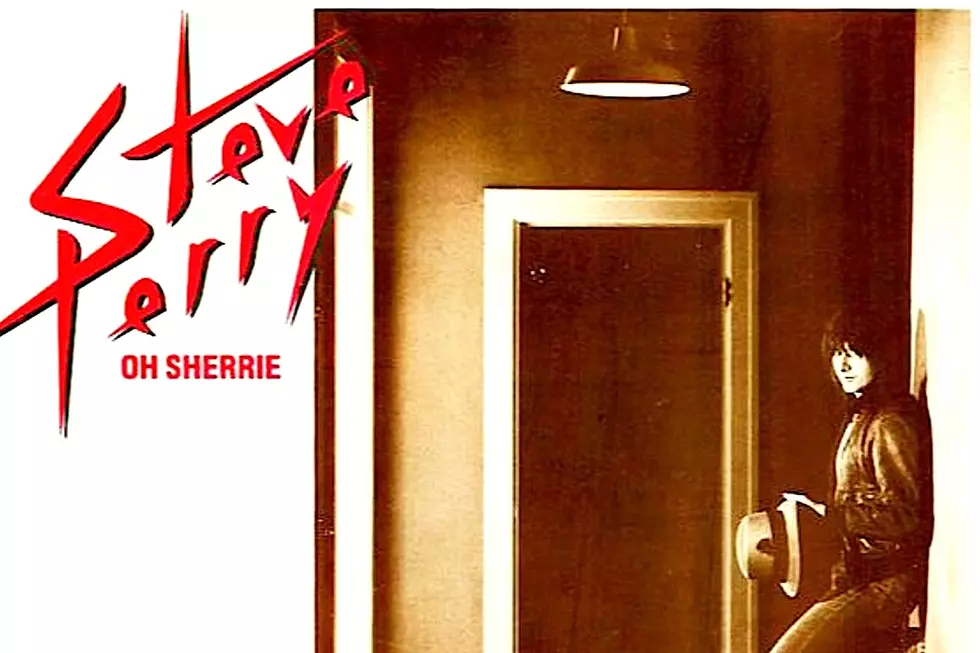
How Saxon Raced Ahead on the More Mature ‘Wheels of Steel’
The New Wave of British Heavy Metal was in full swing by May 1980. Iron Maiden's landmark debut had just arrived in stores a few weeks earlier, preceded by Def Leppard's first album, On Through the Night. But it was another band, Saxon, that raced ahead of the pack with its astonishingly polished and mature second album, Wheels of Steel.
For all the promise already shown by Maiden, Leppard and many other hungry young bands taking the British Isles by storm, Saxon sounded like men among the boys. And for good reason. Nearly 10 years older than most of their contemporaries, Saxon had been working since 1970, when guitarist Graham Oliver and bassist Steve "Dobby" Dawson first started playing together in Blue Condition.
By 1974 they had evolved into S.O.B., and after adding singer Peter "Biff" Byford and guitarist Paul Quinn a little after that, their controversial moniker of Son of a Bitch was officially adopted. Drummer Pete Gill, formerly of Gary Glitter's band, completed the quintet in 1978, by which time EMI Records executive Pete Hinton had taken them under his wing and secured a deal with the French record label Carrere.
But the company wasn't happy with the band name and demanded a less offensive one, so Saxon were (re)born with the release of their self-titled debut album in early 1979. It was a fateful turn of events that conveniently wiped their slate clean and allowed them to blend in with a younger generation of heavy metal talent. And even though that first LP was let down by a deficient production, the lessons learned were immediately put to good use on the absolutely huge-sounding Wheels of Steel. Released on May 5, 1980, this new project was again produced by their faithful mentor Hinton.
Right off the bat, the revving engines of "Motorcycle Man" send Saxon's second album barreling down the highway, followed by the call-to-arms of "Stand Up and Be Counted" and then a pair of singles in the surprisingly melodic "747 (Strangers in the Night)" (which climbed to No. 13 on the U.K. charts) and the anthem-sized title track (No. 20), both concert staples forever after.
Wheels of Steel's side two is bookended by another speed-metal duo: the frantic "Freeway Mad" and self-explanatory "Machine Gun." But in between, Saxon show their growth on songs like the philosophical "See the Light Shining," the provoking "Street Fighting Gang" and the ballad "Susie Hold On." All of these songs managed to push the album to a No. 5 peak on the British chart.
By August, Saxon had joined Rainbow, the Scorpions and other metal luminaries for the inaugural Donington Monsters of Rock Festival, and in November they released another album, Strong Arm of the Law. Even with all this overseas success, Saxon never cracked the U.S. market like Def Leppard or Iron Maiden. (It also didn't help that the notoriously fickle U.K. press were constantly harping on the ages of the thirtysomething band members.)
But none of these setbacks would bring Saxon to a halt. After weathering some tough times due to unfortunate hair-metal decisions at the end of the '80s, Saxon rebounded with a vengeance in the ‘90s then continued on into the 21st century, buoyed by a loyal fan base that will never forget its first ride on those Wheels of Steel.
See Saxon and Other Rockers in the Top 50 Heavy Metal Albums
More From Ultimate Classic Rock









